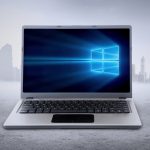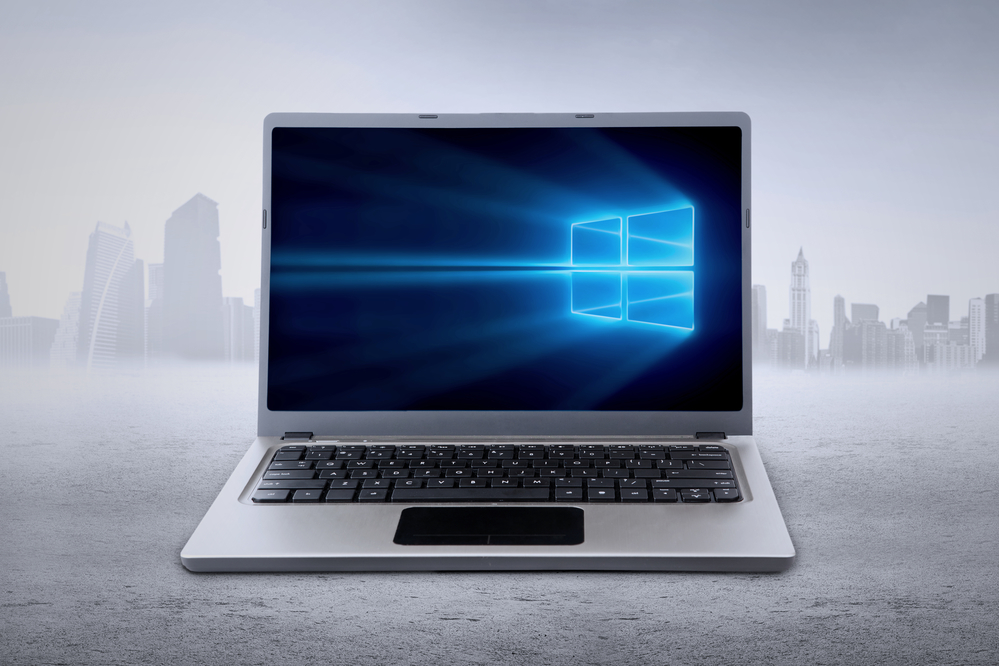So you have a computer running slow and likely you have a Windows laptop or desktop computer that is not as effective as it used to be. We will explore some of the basic reasons that may be the cause of the problem and how to fix them. If you have a slow desktop or slow computer, but you are not certain why, we advise consulting a reputable IT expert who can fix the issue properly. Pssst…contact us if you need help.
Is Your Computer Running Slow?
This list is in no particular order.
Windows Update is “Stuck”
Your PC may be “stuck” trying to do an important Windows update.
A sign of this problem is when you start up or shut down your PC and you constantly see message like one of the following:
- “Getting Windows ready, Don’t turn off your computer.”
- “Working on updates. Don’t turn off your computer.”
- “Working on updates. Don’t turn off your computer. This will take awhile.”
The update is unable to finish resulting in a slow start up, slow performance and slow shut down of your PC.
Lack of Drive Maintenance
Windows needs periodic maintenance to check the integrity of the file system. Without the proper maintenance, any small errors can grow to thousands of errors, resulting in a slow computer as it has to work around these small errors.
Eventually as the quantity of errors grow, problems will surface such as…
- Slow overall performance
- Start up problems preventing the computer from starting
- Data loss
- Specific programs unable to start
- Overall odd and hard to explain behavior
- Etc.
Too Many Browser Tabs and/or Programs are Open
When using your PC, opening too many programs or browser tabs so that you can utilize them at once can slow your machine. If you open many browser tabs and/or programs, the processing speed and memory of your PC may limit you from moving from one of the open programs or browser tabs to another in a quick manner.
Your Computer’s Memory or Hard Drive is Maxed Out
Application updates, programs, temporary files, and Internet downloads are some of the factors likely to take up memory and hard drive space.
It’s important to note that these factors can make your computer performance begin to slow even before they are at full to capacity.
Software Updates Overloading your Machine
Most of the applications and programs on your PC come with pre-installed automatic updates activated. In some cases, they can consume an unexpected amount of space of your hard drive and end up interfering with normal functions of the PC.
Many Applications Opening Automatically Once you Start Up your Computer
Many applications on your PC can come programmed to start automatically anytime you start up your PC. When such applications load automatically upon start up, they can increase the start up time, cause overall slow down of your computer, and potentially conflict with other running programs on your PC. Not all programs need to auto start with the PC.
A Virus Infection
If you have a computer that is running slow, it may mean that your PC may have a virus infection. Many people are surprised to hear they have a virus when they are running a free anti-virus program.

Computer Running Slow – Tips for a Faster PC
Here is a list of easy along with some more complicated suggestions. We recommend that you make a backup of your PC before attempting any changes.
- Quit or Shut down Programs You are not Using
If you realize your computer is running slow, quit or shut down the programs you are not using and have only a single browser window if possible.
- Empty the Windows Trash
This may help if your hard drive is full. You can empty your Windows trash, deleting files which you are not using in your attempt to enhance its speed.
- Review Your PC’s Start Up
Disable programs in your PC that start up automatically which are not necessary and keep the ones you consider important.
- Run a “Second Opinion” Virus Scan
Your current anti-virus program may have let a virus on your PC that is slowing down your PC. Use a second opinion virus scanner to double check that your computer is virus free.
CAUTION: Do not run two anti-virus programs at the same time! Instead make sure to use a second opinion scanner or an online scanner that won’t interfere with your current anti-virus.
- Remove Browser Extensions
Some browser extensions can cause surfing to feel slow or your online searches to be slow and not look the same as before. This is usually related to a browser extension slowing your Internet down. Remove browser extension that you don’t need.
- Perform Computer Maintenance
The PC includes programs built in to perform maintenance, such as drive clean up, scan disk, defrag, etc.
- Avoid Free Computer Software
Many folks will attempt to fix their slow computer by finding free software that will speed up their PC. Some of these are cleverly disguised viruses or fake companies that steal your credit card info. Some software will examine your computer and report fake issues and ask for payment. There are some good programs out there, just be careful.
- Remove No Longer Needed Programs
Review your installed programs in your Control Panel and remove any programs you no longer need.
CAUTION: Some programs are important to your computer, be careful of what you remove.
Computer Running Slow Bottom Line
If the performance of your slow computer does not improve, consider letting us speed up your computer or visiting a reliable and trustworthy computer expert near your area to help you figure out the problem and fix it.
It is very important you find an IT specialist you are sure is extremely dependable since dealing with an inexperienced computer repair shop or individual can end up causing more damage than good.
If your computer is running “slow as snails”, make yourself happy and your PC happy too. Call us or chat with us online today to speed up your slow computer.

